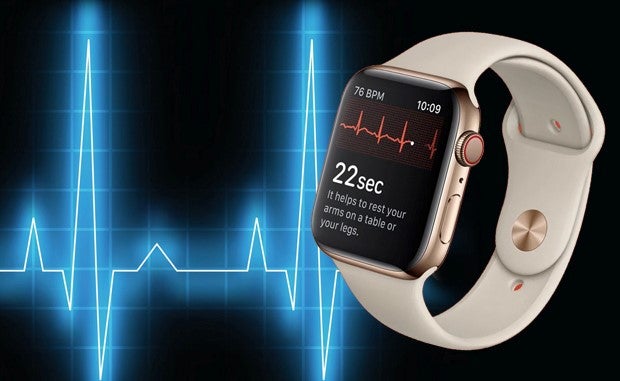

Mayo Clinic Uses AI to Detect Weak Heart Pump via Apple Watch ECGs

Proving that innovation doesn’t stop even for a pandemic, Mayo Clinic researchers have developed an artificial intelligence (AI) algorithm to identify left ventricular dysfunction (i.e., a weak heart pump) in most patients based on Apple Watch electrocardiogram data.
Researchers recently shared their study data at a Heart Rhythm Society conference, noting that the study participation was high, demonstrating the possibility for a scalable tool to be developed to screen and monitor heart patients for this condition wherever they are.
Left ventricular dysfunction, which affects 2% to 3% of people globally and up to 9% of people older than 60, can be accompanied by symptoms such as shortness of breath, swelling of the legs or an irregular heartbeat, but sometimes exhibits no symptoms, according to Paul Friedman, M.D., chair of Mayo Clinic’s cardiovascular medicine department in Rochester, Minn., and a researcher on the study. The proof-of-concept study was funded by Mayo Clinic without technical or financial support from Apple.
Friedman called it “remarkable” that AI can transform a consumer watch ECG into a detector of this condition. Normally, detection would require an expensive, sophisticated imaging test such as an echocardiogram, CT scan or MRI.



